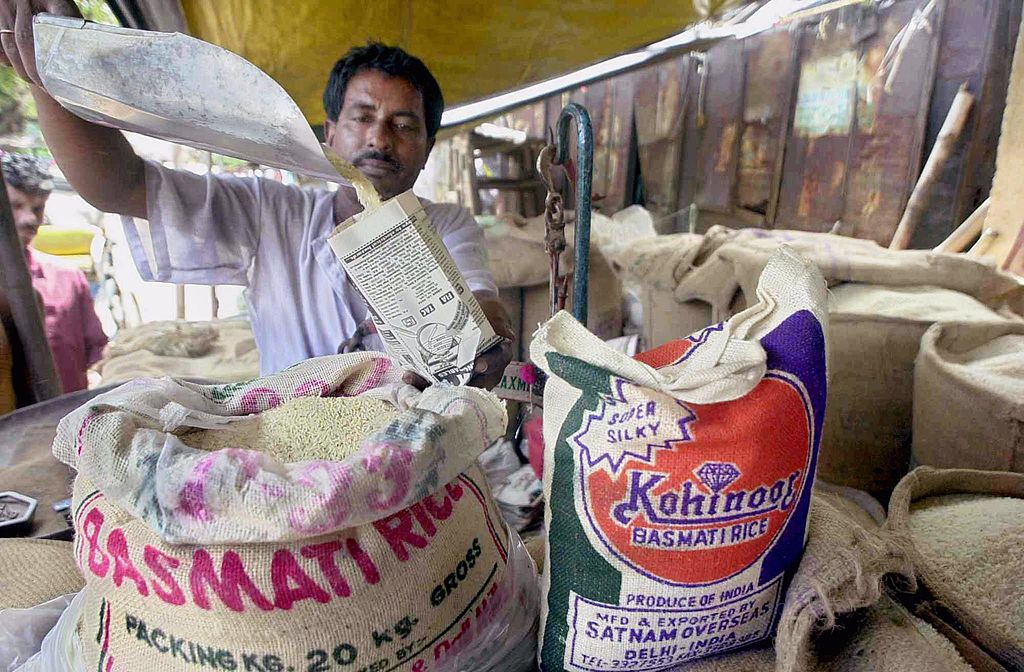- Thursday, April 18, 2024
Kenya’s Capital Business website has said that the country’s Bureau of Standards is working in tandem with research scientists and industry to address the growing challenge of fake basmati rice.

By: Shubham Ghosh
Kenya has started cultivating basmati rice, an aromatic variety which is grown exclusively in South Asian nations such as India, Pakistan and Nepal, threatening the sub-continent’s dominance. Another African nation Egypt has also revealed its plan to grow the fragrant rice a few years ago.
Kenya’s Capital Business website has said that the country’s Bureau of Standards (KEBS) is working in tandem with research scientists and industry to address the growing challenge of fake basmati rice, India’s Hindu businessline reported earlier in May.
KEBS managing director Bernard Njiraini said that the agency “is working with farmers, suppliers, researchers, and government bodies to protect the local basmati rice industry”, the website said.
The effort will help consumers to assess the authenticity and quality of the basmati rice they buy, bettering trust and encouraging demand for genuine products.
“…we can safeguard the genetic diversity of basmati rice genotypes commonly grown in Kenya, paving the way for the development of high-yielding, high-quality, and aromatic varieties…” Sheila Kemboi, a laboratory analyst, was quoted as saying by the report.
Indian basmati could face problems if Kenya tries to export it to Europe since it is nearer, like Egypt. The South Asian nation has filed for a geographical indication (GI) tag in Europe but is yet to get the facility, the report added.
The European Union has suggested to New Delhi to discuss the matter with Islamabad, which is also a significant grower of basmati rice, and give a joint application. But the Indian government is opposed to the idea.
S Chandrasekharan, author of a history book “Basmati Rice: The Natural History Geographical Indication”, told businessline that basmati rice is an expensive one that creates opportunities for a higher income.
“It (cultivating basmati) is an attempt to create opportunities for Kenyan farmers by their government. India has to legally deal with this issue,” he said.
The problem with basmati rice grown in Kenya or Egypt is that they haven’t grown it for at least 300 years.
“In India’s case, basmati rice has been grown for over 500 years now. Even Pakistan cannot claim to have grown basmati rice for so long,” Chandrasekaran told the news outlet.
![]()